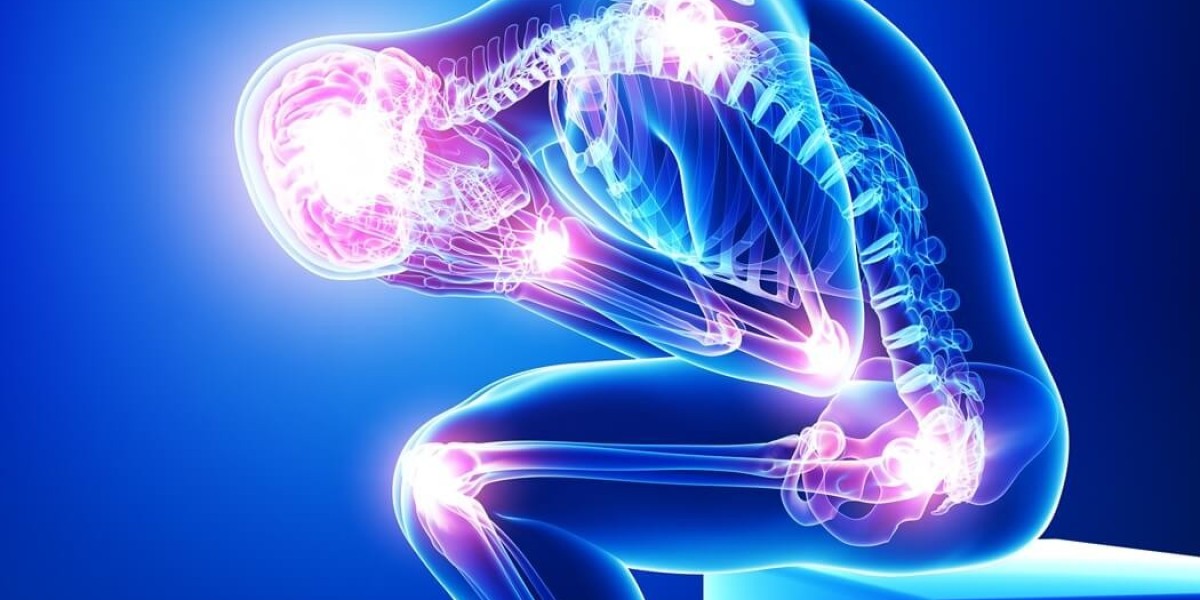Being a chronic inflammatory bowel disease (IBD) that can impact any area of the gastrointestinal (GI) tract, Crohn's disease leads to a multitude of debilitating symptoms, such as diarrhea, abdominal pain, fatigue, and weight loss. Even with conventional treatments like medications and surgery to help manage it, many individuals continue to suffer from flares and complications. Stem cell treatment for Crohn's disease represents a promising and innovative therapeutic avenue that aims to address the underlying inflammation and promote long-term remission.
Understanding Crohn's Disease and Current Management
Crohn's disease is characterized by chronic inflammation of the digestive tract, leading to damage and a variety of symptoms that can significantly impact a person's quality of life. The definite cause of Crohn's disease is unknown; however, it's thought to be related to a combination of genetic makeup, environmental exposures, and immune system activity. Current treatments focus on reducing inflammation during flares and maintaining remission. A common component of these treatments is anti-inflammatory drugs, along with immunosuppressants and biologics. While effective for many, these treatments can have side effects and may not always lead to sustained remission, particularly in severe or refractory cases.
The Potential of Stem Cell Therapy in Crohn's
With the goal of a more lasting solution, stem cell treatment for Crohn's examines the regenerative and immunomodulatory properties inherent in stem cells. The most common type of stem cell therapy being investigated for Crohn's involves hematopoietic stem cell transplantation (HSCT). The standard practice for this procedure involves collecting stem cells from the patient's bone marrow or the blood circulating in their body (autologous HSCT). In some cases, stem cells from a matched donor (allogeneic HSCT) may be considered, usually within the context of clinical trials.
The process of autologous HSCT for Crohn's often involves high-dose chemotherapy to suppress the patient's overactive immune system, which is believed to be a key driver of the disease. Following chemotherapy, the previously harvested stem cells are reinfused. The hope is that these new stem cells will "reset" the immune system, leading to a reduction in inflammation and potentially inducing long-term remission of Crohn's symptoms.
Current Research and Clinical Trials
Research into stem cell therapy for Crohn's disease is ongoing, with several clinical trials exploring the safety and efficacy of HSCT. The results of some research have been promising, especially for those with severe Crohn's who haven't experienced improvement with conventional treatments. These studies have reported improvements in symptoms, reduced reliance on medications, and, in some cases, prolonged periods of remission. However, it's important to note that this treatment is not yet a standard of care for Crohn's and is typically reserved for severe, refractory cases within a carefully controlled clinical trial setting.
Safety Considerations and Future Directions
While autologous HSCT utilizes the patient's cells, the high-dose chemotherapy involved carries significant risks and potential side effects. Allogeneic HSCT carries additional risks associated with donor mismatch and graft-versus-host disease. Therefore, the decision to undergo stem cell treatment for Crohn's is a complex one that requires careful consideration of the potential benefits and risks, as well as a thorough discussion with a knowledgeable medical team experienced in this area. Future research will focus on optimizing the stem cell source, delivery methods, and conditioning regimens to improve safety and efficacy, potentially making this innovative therapy more widely accessible for individuals living with severe Crohn's disease.
Conclusion
Stem cell therapy offers a novel and potentially transformative approach for individuals living with severe and refractory Crohn's disease. By aiming to reset the immune system and promote long-term remission, it provides hope for those who have not found adequate relief with conventional treatments. While still under investigation and carrying inherent risks, ongoing research, and clinical trials are paving the way for a deeper understanding of its potential and the development of safer and more effective protocols for stem cell treatment for Crohn's.



